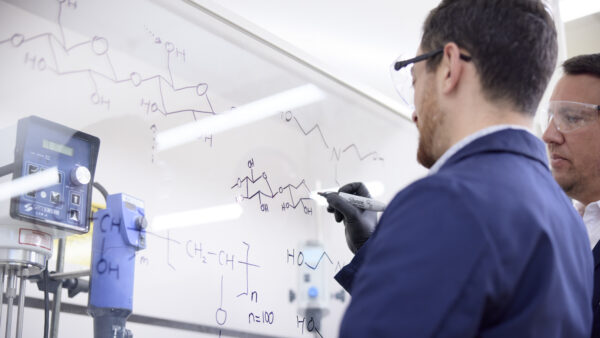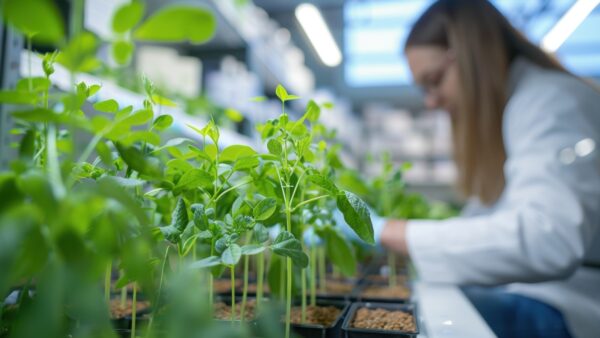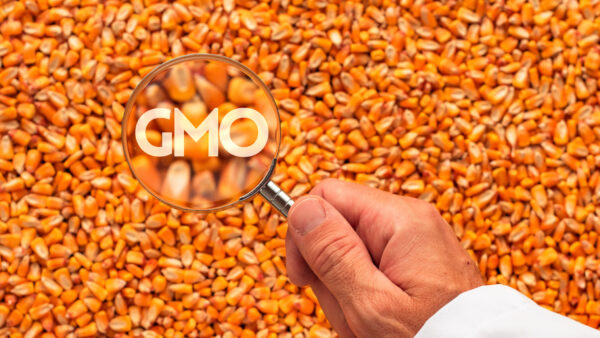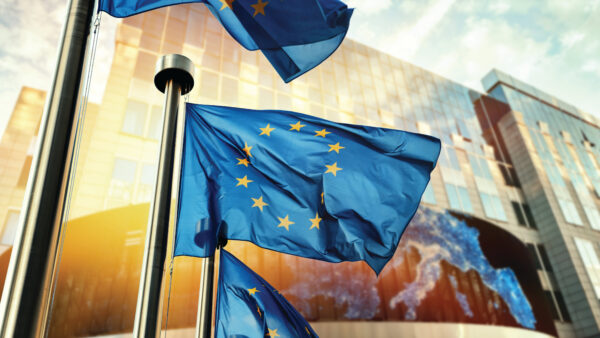As a sociologist who studies food and agriculture, I’m frequently asked whether the public is going to accept gene-edited foods. Gene editing techniques, such as CRISPR, are being lauded as powerful new tools that can quickly, cheaply and precisely create novel agricultural and food products with a variety of beneficial traits for consumers, producers and the environment. However, these “disruptive” technologies are emerging in a context of ongoing social controversy and public debate over GMOs.
Proponents of gene editing are anxious to avoid a repeat of the GMO controversy. I don’t know if the public will accept gene editing. Instead, I want to reflect on several lessons from the GMO debate that focus on building public trust rather than public acceptance.
The GMO debate taught us that public perceptions of gene editing technologies will be shaped by whether the organizations and experts involved are viewed as credible and trustworthy. Since the public cannot observe or experience gene editing directly, their understanding and perceptions of the technologies will be shaped by whether they trust those who are directly involved. For example, the public may consider: Are the companies, scientists or regulators taking my interests and welfare into account in their decision-making? Do they appear knowledgeable about the effects of gene editing? How organizations and experts involved in gene editing communicate with the public will be fundamental to building trust.
The GMO debate taught us that the “information deficit model” of communication doesn’t work. This model assumes that public concerns, skepticism and mistrust of novel technologies is caused by a deficit of knowledge, and if we simply educate people about the facts, they will come to accept the technology. Yet, the public consider social, political and ethical concerns —from who controls the technology to how the benefits and risks are distributed and from whether we should modify nature to how it should be done — cannot be answered through science alone.
To build trust, we need to engage in dialogues where space is provided for people who disagree and where all arguments, including non-scientific arguments, are treated seriously. Without such dialogues, proponents of gene editing may simply end up providing answers to questions the public are not asking and ignoring the most relevant questions.
The GMO debate taught us that consumers seek greater transparency and autonomy in their food choices. Yet, there has been little effort to engage in dialogues about how transparency and choice will be provided to consumers. The National Bioengineered Food Disclosure Standard requires foods containing GMO ingredients to be labeled starting in 2020; however, it excludes gene-edited foods. While many proponents of gene editing repeat arguments from the GMO debate (that food labels are costly, misinform, stigmatize and are unscientific), recent studies find that GMO food labels do not stigmatize GMO foods and act to increase consumer trust. Meanwhile, proponents pin their hopes on companies creating food products that deliver traits consumers want.
To build trust, companies need to respect those who may not share the same value propositions and wish to, for whatever reason, opt out.
One effort by proponents to win public acceptance, and reject the lessons laid out above, is the argument that gene editing is no different than traditional plant breeding. The underlying intent is to convey to the public that there is “nothing to see here” since we have been engaged “safely” in plant breeding for millennia. If the public can understand the science of plant breeding, then they will accept gene editing! This framing of gene editing is both an oversimplification and misleading representation of the science and is unlikely to enhance efforts to build trustworthiness. It instead delegitimizes any scientific and nonscientific concerns the public might have.
We need to avoid reducing the debate to whether the public will accept gene editing and instead reflect on lessons from the GMO debate to consider what factors may enhance or impede public trust. This will be critical to building the credibility and trustworthiness of the organizations and experts involved.











